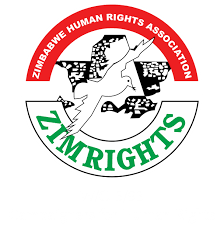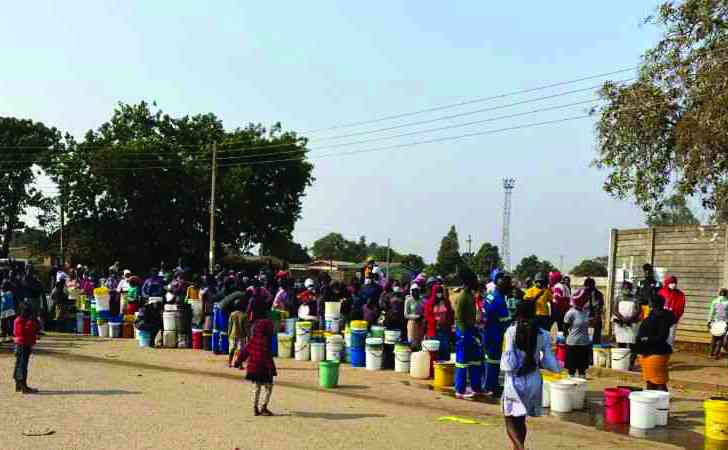
ZIMBABWEAN civic organisation Humane Human Rights has appealed to President Emmerson Mnangagwa to establish an emergency HIV treatment centre at the Zimbabwean embassy in South Africa.
This comes as violent vigilante groups likeOperation Dudula and March on March have intensified xenophobic attacks, blocking foreign nationals, including Zimbabweans, from accessing life-saving medication in public hospitals.
In a letter addressed to Mnangagwa, the group warned that without such intervention, many Zimbabweans living with HIV in South Africa risk defaulting on medication.
"We plead with our government to set up an urgent treatment centre at the Zimbabwean embassy in the Republic of South Africa to provide HIV medication for Zimbabweans domiciled in the Republic of South Africa," the group said.
"Our people will perish because of being denied medical treatment in SA public hospitals."
Vigilante groups have been raiding hospitals, demanding documentation and barring foreigners, including pregnant women and children, from getting treatment at public hospitals.
Reports indicate that some patients have died after being denied care, while HIV-positive individuals risk defaulting on antiretroviral therapy (ART).
Humane Human Rights also appealed to the World Health Organisation (WHO) and the European Union (EU), labelling the situation a "human rights emergency”.
- Mr President, you missed the opportunity to be the veritable voice of conscience
- ED to commission new-look border post
- Zanu PF ready for congress
- EU slams Zim over delayed reforms
Keep Reading
“This is inhumane and must not be condoned by anyone in the world. While the government of South Africa has strongly condemned this behaviour of the Dudula group, they continue unperturbed as there is no one stopping them from blocking and harassing women, children and others while trying to gain entry to the public hospitals,” the letter addressed to the WHO and EU read.
Amid the chaos, a multinational team of health professionals has launched a nurse-led tele health facility to assist victims.
Butholezwe Nyathi, a Zimbabwean nurse coordinating the initiative, said their WhatsApp helpline was overwhelmed with pleas for help, particularly from sex workers and TB patients fearing the spread of infections.
“Southern Africa’s 95-95-95 HIV/TB goals can only be met through collaboration. Healthcare knows no borders,” Nyathi said.
The United Nations' 95-95-95 means 95% of people living with HIV know their status, 95% of those diagnosed are on treatment and 95% of those on treatment have achieved viral suppression.
“Southern Africa needs to come up with means of addressing these challenges, including services like tele health services, to decongest public health facilities...,” Nyathi said.
The tele health project aims to bypass xenophobic barriers by offering confidential medical consultations, ART and TB medication support, as well as advocacy for marginalised migrants via WhatsApp.
Humane Human Rights implored global bodies to “declare a crisis” and intervene.
“This is a crisis, a blind eye cannot be turned while lives are being lost and other people are in pain in their houses...This is a breach of the human rights of other humans. No one has the right to deny another medical access,” the letter read.
Doctors Without Borders (MSF) has also condemned the targeting of foreign nationals, including pregnant women, people living with HIV, chronic patients and children, to stop them from accessing healthcare.
“We call for immediate action by the National Department of Health (NDoH) and relevant provincial departments of health to guarantee the right of access to healthcare for all, as enshrined in the country’s Constitution and the National Health Act,” MSF said.
South Africa’s government and opposition figures like Julius Malema have condemned the violence, but vigilantes remain undeterred.
Mthwakazi Republic Party recently petitioned South African President Cyril Ramaphosa, protesting the abuse of Zimbabweans and other foreign nationals by locals in the neighbouring country.
MRP said the South African government must fulfil its obligations under international law, including Article 2 of the Convention against Torture, which prohibits cruel, inhuman or degrading treatment.
The party said access to essential services such as healthcare, education, and legal assistance must be guaranteed without discrimination or prejudice.










